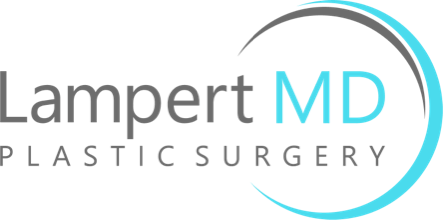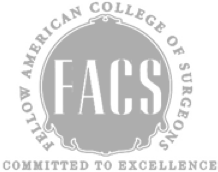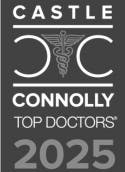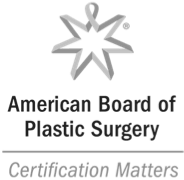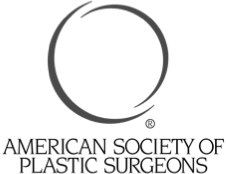Facing a BRCA diagnosis can be overwhelming, but taking control of your health doesn’t mean giving up your sense of self. BRCA breast reconstruction in Miami allows you to reduce your cancer risk while restoring your confidence and femininity.

BRCA Breast Reconstruction
Breast reconstruction is a surgical procedure that restores the shape of a breast after a mastectomy. Women who have a BRCA1 or BRCA2 mutation may choose to have a prophylactic mastectomy, a preventive surgery to remove one or both breasts before cancer develops. After a mastectomy, breast reconstruction can be performed to restore the appearance of the breast.
Several breast reconstruction options include implant-based and autologous reconstruction, which uses a woman's own tissue to rebuild the breast. Women who have had a prophylactic mastectomy due to a BRCA mutation may choose to have breast reconstruction to restore their appearance and improve their quality of life.

View OurGallery
The surest metric of a plastic surgeon lays in his results. Within our gallery of before and after photos, you will find the outcome of Dr. Lampert’s exquisite technique. During your consultation, we will review further images to ensure your goals are in line with Dr. Lampert’s.
View our results
Why Choose Dr. Lampert for BRCA Breast Reconstruction?
Reconstructive breast surgery is crucial to a complete breast cancer treatment plan. To fulfill the patient's goals and timeline, Dr. Lampert works closely with surgical oncologists to create a comprehensive reconstruction strategy.
Throughout his medical training, Dr. Lampert, our board-certified plastic surgeon, has focused solely on plastic and reconstructive surgery, training with leaders in plastic surgery nationwide. Today, he brings his unrelenting plastic surgery and breast reconstruction skill to Miami, providing top-tier cosmetic care for each patient.
When you choose Dr. Lampert, you’ll experience unrivaled professionalism and compassion. He provides his patients with as much time as they need to select the reconstruction path that is right for them confidently. He ensures they understand the predicted outcome and the timeline for full aesthetic recovery of their feminine form.
Contact us today to learn more about BRCA breast reconstruction.


